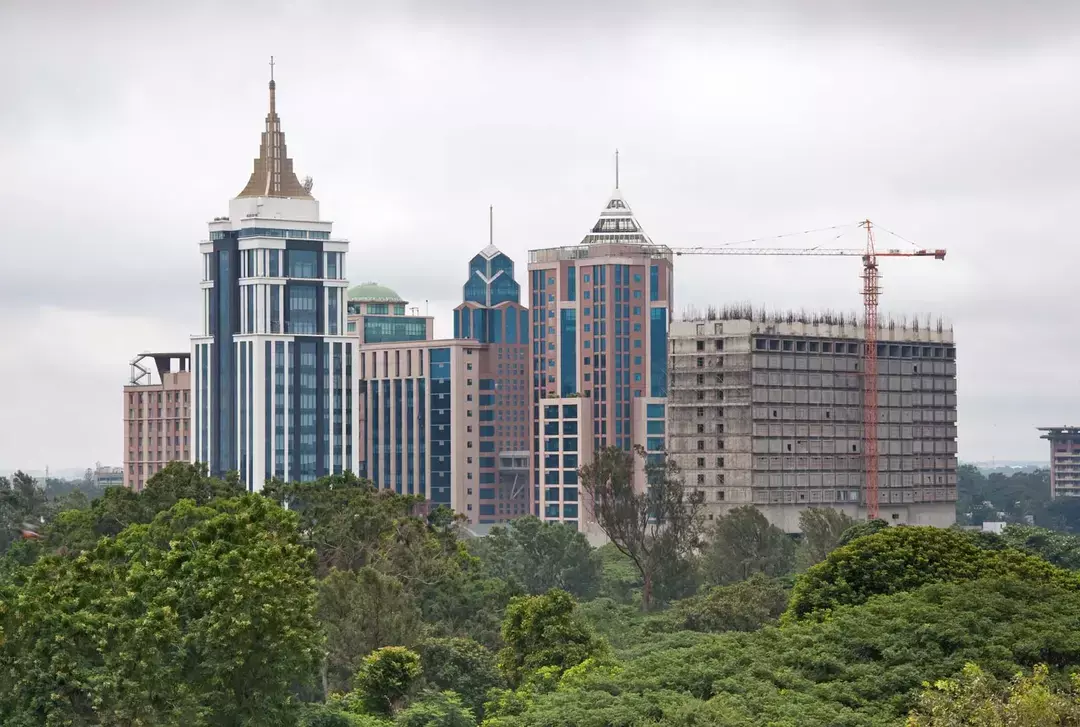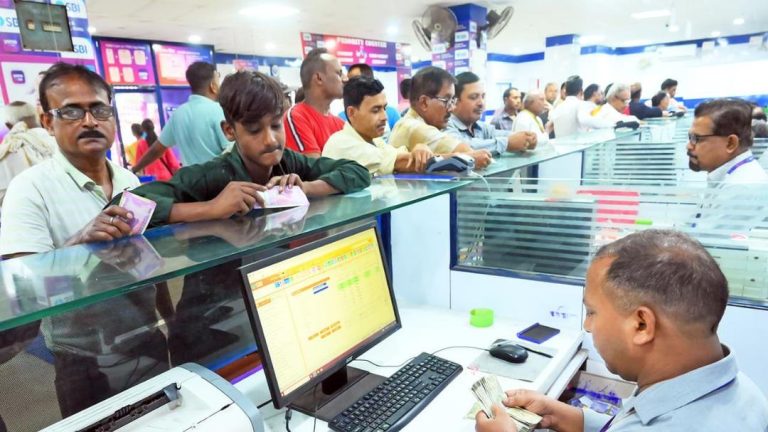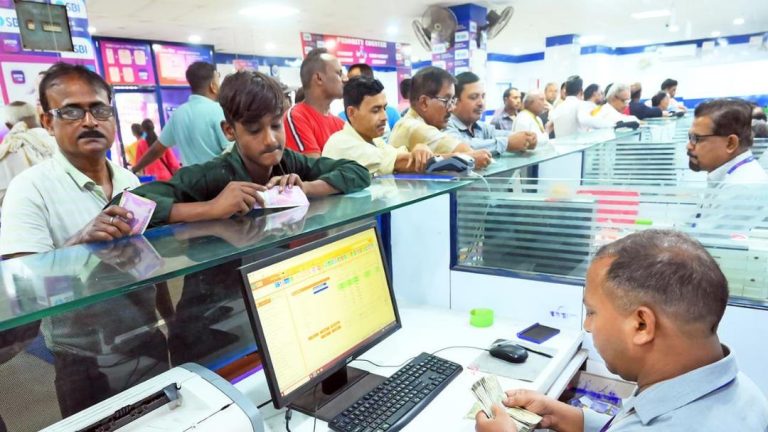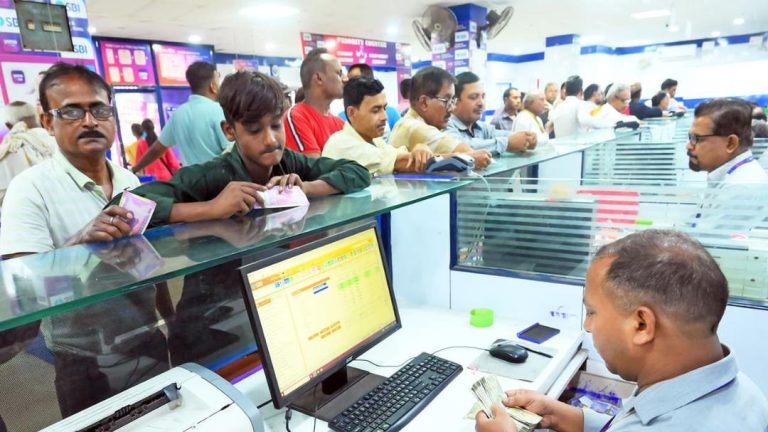
₹1,000 cr quantum tech hub plan unveiled in Karnataka
In a significant move to bolster its position as a leading tech hub in the country, Karnataka has launched a ₹1,000 crore plan to become Asia’s “Quantum Capital” by 2035. The ambitious plan is anchored around a futuristic Q-City near Bengaluru, which is set to revolutionize the state’s tech landscape.
The Q-City, spread over 100 acres, will be a hub for quantum research, innovation, and entrepreneurship. The city will be home to a Quantum Hardware Park, which will be a global destination for chip-making facilities, research institutions, and startups. The park will provide a unique ecosystem for companies to develop and manufacture cutting-edge quantum computing solutions.
The Quantum City plan is designed to create a thriving ecosystem that will attract global talent, foster innovation, and generate employment opportunities. The mission includes support for over 100 startups, 150 PhD fellowships, and a quantum research program that will focus on developing indigenous technologies.
The state government has identified quantum technology as a key area of focus, given its potential to transform various industries such as healthcare, finance, and defense. Quantum computing has the potential to solve complex problems that were previously unsolvable, making it an attractive area for investment and innovation.
The Q-City will be developed in phases, with the first phase expected to be completed by 2025. The city will have state-of-the-art infrastructure, including high-speed internet connectivity, data centers, and cloud computing facilities. The government has already identified a 100-acre plot near Bengaluru for the Q-City and is in the process of acquiring the land.
The Quantum City plan is expected to create over 2 lakh jobs, both directly and indirectly, in the next decade. The government is also expecting significant investments from global players, with estimates suggesting that the project could attract investments of over ₹5,000 crore in the next five years.
The Karnataka government has already partnered with several global institutions, including the University of California, Berkeley, and the National University of Singapore, to develop the Q-City. The government is also in talks with several global companies, including Google, Microsoft, and IBM, to set up their quantum research and development centers in the city.
The Quantum City plan is expected to have a significant impact on the state’s economy, with the government expecting a GDP growth rate of 10% per annum in the next decade. The plan is also expected to increase the state’s share in the country’s IT exports, which is currently around 25%.
The Karnataka government has identified several key areas that will drive the growth of the Q-City, including:
- Quantum Computing: The city will focus on developing indigenous quantum computing solutions, including quantum processors, software, and applications.
- Quantum Communication: The city will develop secure quantum communication solutions, including quantum cryptography and quantum key distribution.
- Quantum Materials: The city will focus on developing new materials with unique properties, such as superconductors and nanomaterials.
- Quantum Optics: The city will develop new optical technologies, including quantum optics and photonics.
The Quantum City plan is a significant step forward for Karnataka, which has been a leading player in the country’s IT industry for several decades. The plan is expected to create a new wave of innovation and entrepreneurship in the state, and position Karnataka as a leader in the global quantum technology landscape.
Source: https://ascendants.in/business-stories/karnataka-quantum-city-investment-2025/



